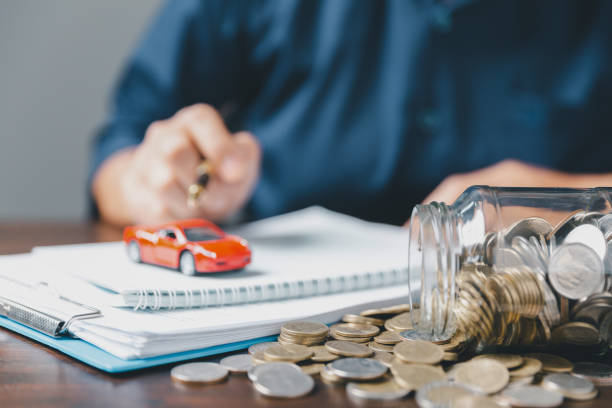
Dealing with car accidents can be stressful. Managing insurance claims and repairs can add to the already overwhelming experience. After a collision, your car insurance provider assesses the damage and determines the cost of repairs. In some cases, you might wonder if it’s allowed to keep the money from a car insurance payout and avoid fixing your car. Given the complexity of the matter, arriving at a definitive answer is not a straightforward task. However, we will explore this situation to provide a comprehensive understanding. It’s important to note that the answer depends on multiple factors.
- Ownership Status:
If you own your car outright, meaning you don’t have a loan or lease, you have more flexibility regarding repairs. In such cases, the insurance payout is typically made directly to you, and you have the option to use the money as you see fit. Whether you choose to repair your vehicle, address other financial needs, or save the funds, the decision is yours.
- Loan or Lease:
Things become more complicated if you’re still making payments on your car through a loan or lease. In these situations, the vehicle is not entirely yours until the loan is paid off or the lease term ends. The lender or leasing company might have specific requirements regarding repairs. They may insist that you use the insurance payout to fix the car to maintain its value and safety, as the vehicle serves as collateral for the loan.
- Legal Obligations:
Laws and regulations related to car insurance and repairs can vary by state and insurance policy. Some states have specific guidelines that require repairs to be made shortly after an accident, especially if the vehicle is to continue to be used on the road. Failing to make necessary repairs might lead to legal consequences, including fines or penalties.
- Safety Concerns:
Even if it’s not a legal requirement, there are valid safety concerns associated with avoiding repairs after an accident. Some damages, especially those affecting essential components such as the brakes, airbags, or structural integrity, can compromise your safety and that of others on the road. Driving a damaged car not only poses risks but might also void your insurance coverage in case of a subsequent accident.
- Diminished Value:
Another aspect to consider is diminished value, which refers to the vehicle’s reduced market value after it has been in an accident, even if fully repaired. Some insurance policies cover diminished value claims, especially if the accident was not your fault. If you choose not to repair your car, you might still be eligible for a diminished value claim, but the amount could be lower than if the repairs were made.
- Insurance Premiums:
Opting not to repair your car might not directly impact your insurance premiums. However, if you’re involved in another accident and your insurance company discovers the pre-existing damage, it could affect your claims process and coverage options.
Whether you can keep money from a car insurance payout and avoid fixing your car depends on various factors, including your ownership status, loan or lease agreements, legal requirements, safety concerns, and potential diminished value. It’s very important to carefully review your insurance policy, consult with your insurer, and consider your financial and safety obligations before making a decision. While you might have the legal right to keep the insurance payout without repairing your vehicle, it’s essential to assess the situation holistically. Prioritize your safety and the safety of others on the road. If the damage compromises your car’s safety features or structural integrity, repairing the vehicle is not just a legal or financial obligation but also a moral responsibility. Ultimately, maintaining a safe and roadworthy vehicle should be the primary concern. If you have concerns about the insurance payout or repairing your car after an accident, it’s advisable to seek guidance from legal and insurance professionals. They can offer suggestions based on your individual situations, facilitating an informed decision-making process that prioritizes your safety and adheres to your legal and contractual obligations.


































